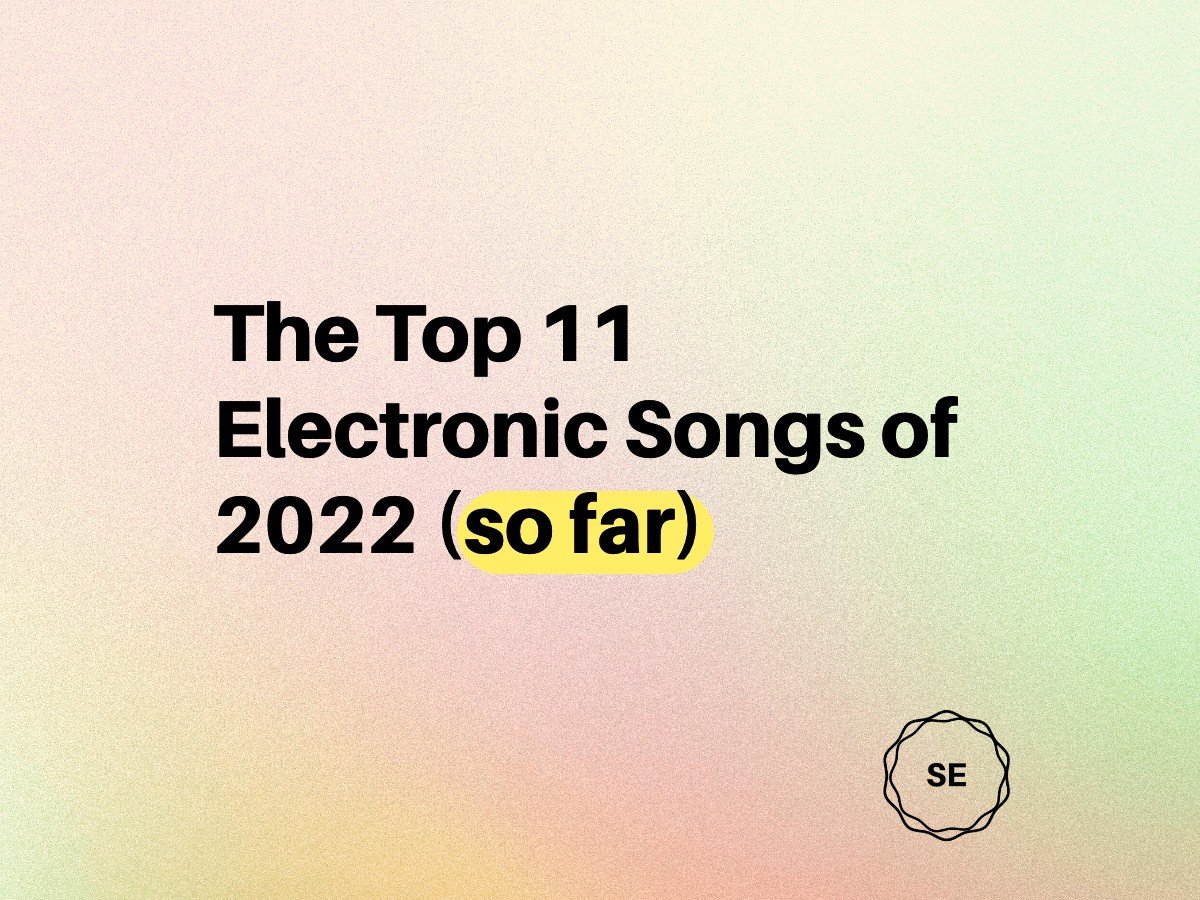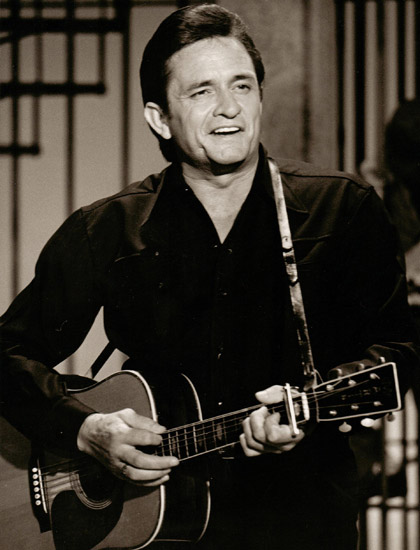Jamie T - The Theory of Whatever
Jamie T
The Theory of Whatever
By: Nate Cross
Jamie T's time away from music may be what's keeping his sound stuck in the past.
Rapper/singer/songwriter/ producer Jamie T's reclusiveness has never been too much of a secret. Only releasing five albums in 15 years while dealing with anxiety issues that he's been open about, even naming his first album Panic Prevention, his audience surmised long ago that Jamie spending time in the spotlight would be a rare occurrence, but one that is usually worth the wait.
His blend of hip-hop and alternative rock delivers something unique and fresh to pop songwriting, even though he has been called the "one-man Arctic Monkeys."
It's not the most flattering nickname, but it rings true once you hear Jamie's heavy accent and use of British slang terms that no one in the US ever understands. However, in terms of sound, Jamie deserves more credit than to be boiled down to a cheap comparison.
2022 marks the latest Jamie T sighting, with his first album in six years, The Theory of Whatever. The 13-track album is very much a pop album, but that doesn't mean it's not ambitious when it comes down to sub-genres and performance. It fights hard to keep up with its contemporaries, but oftentimes, still feels like it falls behind.
From the start of the record, Jamie sounds sharp as ever, spitting slick bars about late-night anxiety and nostalgia overtop of the cool and cloudy instrumental of "90's Cars."
The production style feels inspired by new school vaporwave that you'd hear playing in the background of a smoke-filled apartment while a slacker flips through his high school yearbook with a reluctant smile on his face, humming, "I first saw you, it was at a party" along with the songs refrain. Yes, it's cheesy, but just as much as it is charming.
This throwback sound continues on "The Old Style Raiders," but the "cheesy but charming" dial leans a little more towards just plain cheesy. The clunky instrumentation is more in gear with the radio rock of the mid-2000s, sounding more like Train or Matchbox 20 than it does Jamie T.
The soaring chorus tries to lift the song off the ground, but the flat production makes it sound like it would have fit snuggly between the cornily rapped verses of "Hey, Soul Sister" just as well as it does with Jamie's bars.
Switching gears from uplifting nostalgic pop, "British Hell" is a dagger-sharp hip-hop song infused with guitar riffs lifted from an action movie and lyrics filled with imagery of zombies and concealed weapons. It stomps like an angry goon with a baseball bat, bashing in car windows just for the hell of it.
This momentum doesn't last too long, though, as the following track, "The Terror of Lambeth Love," is a flaccid jazz club interlude filled with pregnant pauses that only take the wind out of Jamie's sails.
It becomes harder and harder to see the consistency in the record as the back and forth between "in your face" rap verses to gentler singer/songwriter tracks start a trend. "Keying Lamborghinis" is a dose of grimey hip-hop that feels dangerous; dressed head to toe in leather and out to exact revenge with a switchblade, or in this case, a pair of car keys.
However, it's followed by the heart-wrenching break-up song "St George Wharf Tower," where Jamie sings "I hope your happy now" over a plucked electric guitar lathered in reverb.
After you feel like you're settling into understanding the album's dynamics, "A Million and One New Ways to Die" and "Between the Rocks" take on a new-age pop-punk vibe akin to, not to be harsh, Machine Gun Kelly's new album. In Jamie's defense, these tracks manage to be catchier and not as cringeworthy - but still not enough to be memorable.
The last leg of the album consists of "Talk is Cheap," and the closer "50,000 Unmarked Bullets" both yet again find Jamie reverting to break-up balladry filled with cryptic lyrics about relationship drama and old memories.
But, using different instrumental choices, these tracks feel bigger in their emotional depth than the ones that came before them. The latter's use of piano makes the finale feel like a grand exit for Jamie's return that may be, once again, short-lived.
While the album is filled with stellar performances and catchy hooks, Jamie T still feels like he only has a partial grasp of what will resonate with music fans in the new era.
He's a songwriter at his core, and like most songwriters, sticking to one genre doesn't appeal to him.
He fuses newer sounds with what he's good at - often striking gold, but other times coming up short compared to his contemporaries. The Theory of Whatever sounds like Jamie playing catch-up to make up for the time he has spent away.












